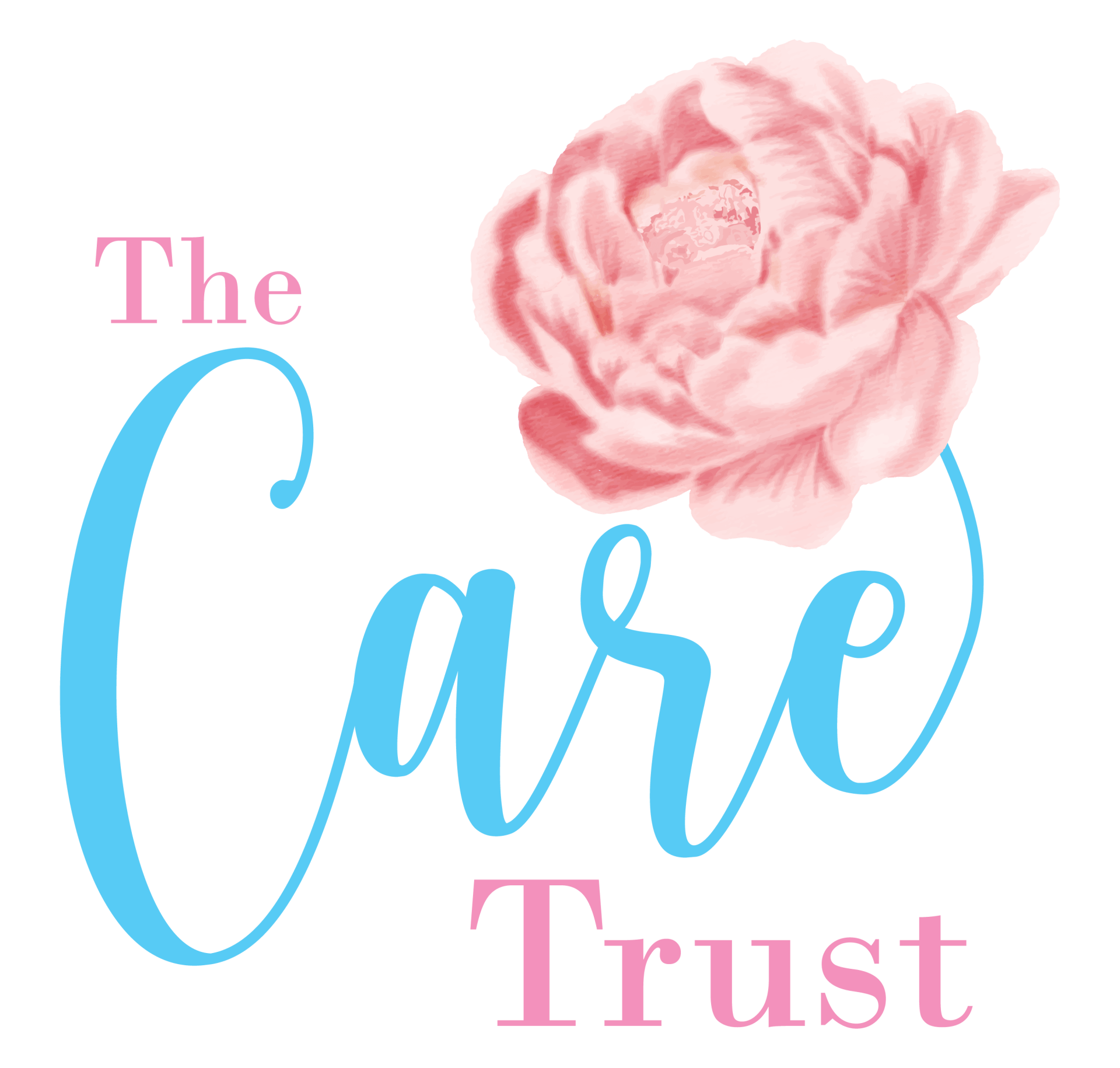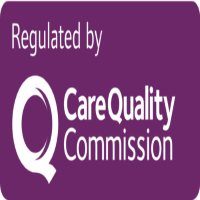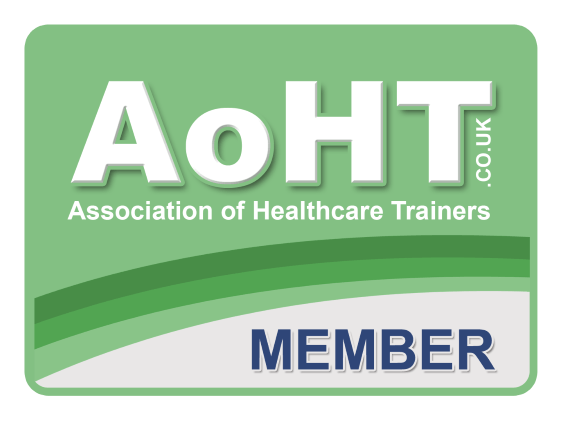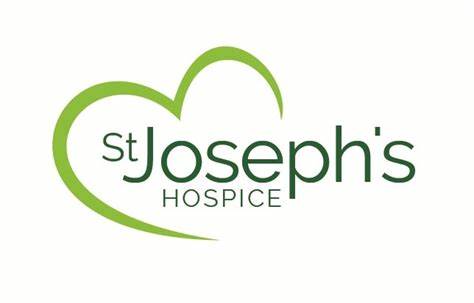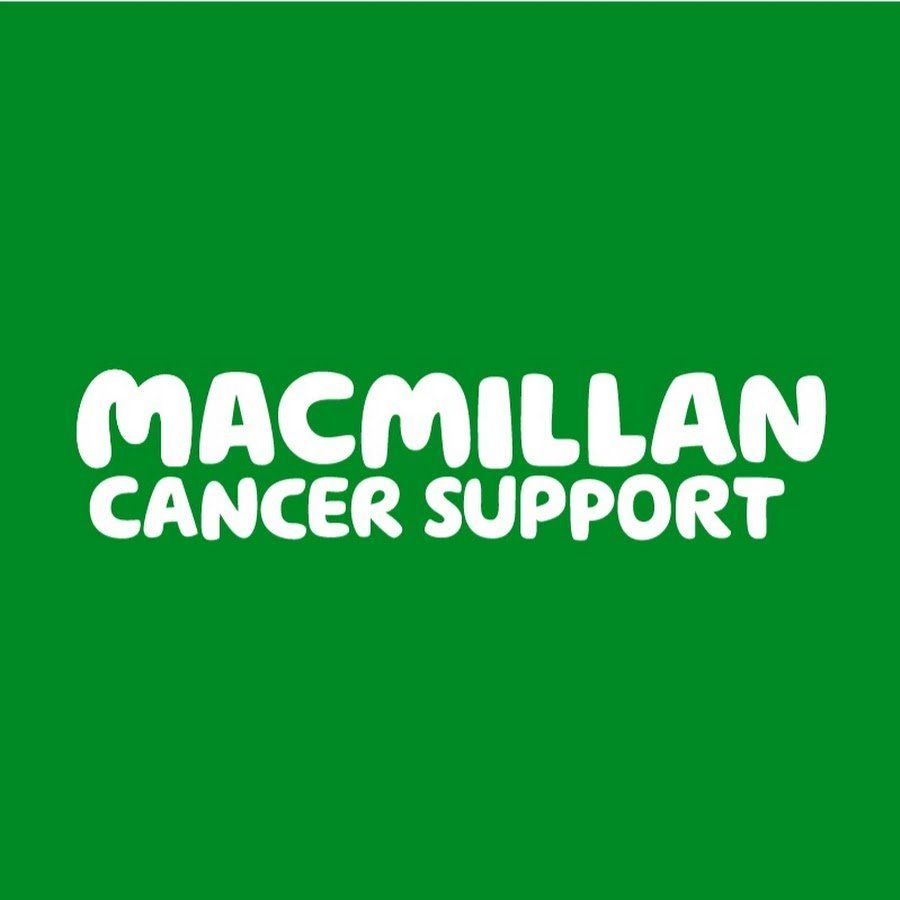STROKE CARE
Strokes can leave people requiring support in many different areas, both physical and emotional, as they build back.
Care and support for strokes at home
Strokes affect many people, each year more than 100,000 people have strokes. That equates to one person every minute. There are around 1.3m stroke survivors in the UK (Stroke Association figures).
A stroke is a rapid development of disturbance of brain function lasting more than 24 hours. A transient ischaemic attack (TIA) is the same but fully resolves within 24 hours.
The majority of strokes (84%) occur because of a clot on the brain which causes part of the brain to lose blood supply and die. Most of the remaining 16% of strokes are caused by a bleed in the brain, called a cerebral haemorrhage.
Strokes are a major health problem in the UK, accounting for about 11% of all deaths.
- Most people survive the first stroke, but often have a significant disability.
- Each year in England, approximately 110,000 people have a first or recurrent stroke and a further 20,000 people have a TIA.
- Risk of recurrence of a stroke is high. About one-half of survivors are likely to experience a second stroke within 5 years of the first.
- More than 900,000 people in England are living with the effects of stroke, with half of these being dependent on other people for help with everyday activities.
What are some of the main risk factors for strokes?
There are many risk factors for stroke. Some of them are listed here and these are all risk factors that can be modified to reduce the risk:
- High blood pressure (hypertension).
- Smoking.
- Diabetes mellitus.
- Diet: high salt intake/high fat intake/cholesterol.
- Excess alcohol intake.
- Obesity.
- Low physical exercise.
What are the signs and symptoms of a stroke?
Signs and Symptoms of having a stroke are:
- Weakness on one side: the limb first becomes limp, and then develops spasticity i.e. becomes more rigid and hard to move.
- Visual disturbance – loss of half of the vision from each eye.
- Sensory loss – numbness and tingling.
- Dysphasia (loss of speech or language).
- Altered consciousness.
What’s the treatment for a stroke?
Remember the adverts ‘act FAST’
- Facial weakness – can the person smile? Has their mouth or eye drooped?
- Arm weakness – can the person raise both arms?
- Speech problems – can the person speak clearly and understand what you say?
- Time to call 999.
Hospitals may carry out a brain scan either CT or MRI soon after the start of symptoms to determine the type of stroke and whether it is a clot or a bleed.
- If the stroke is due to a clot medical teams can give thrombolysis (clot-busting treatment) within 3 hours of symptoms starting & aspirin.
- If the stroke is due to a haemorrhage this may need urgent surgery to drain the blood.
Longer-term treatment involves:
- Prevention of complications.
- Reduce risk factors for having another stroke.
- Rehabilitation – physiotherapy/occupational therapy/speech and language therapy.
The Care Trust offers specialist support for stroke care needs.
All of our carers receive training in how to recognise the signs of stroke so that they too can act FAST and call 999. We support many people who have had strokes. The care that each person requires is unique to them, which is why we put in a tailored care plan to provide the exact care required. We can be flexible so if there are high care needs immediately on coming home after a stroke to rehabilitate, we can then reduce this week by week or day by day as recovery progresses.
As well as providing personal care and help with running the house, we can also help with rehabilitation. We support many people to undertake physiotherapy exercises and accompany on walks to build up strength and confidence and to promote independence.
We are able to administer medication and our technology solutions allow us to monitor the times that medication is given which is important to ensure that blood pressure and other preventative medications are given at the right times. Our Care Professionals can also help with shopping and preparing meals and ensuring that diets are suitable and low in fat and salt if required and encourage and support clients to stay well hydrated.
Interested in our services? We’re here to help!
We want to know your needs exactly so that we can provide the perfect solution. Let us know what you want and we’ll do our best to help.
